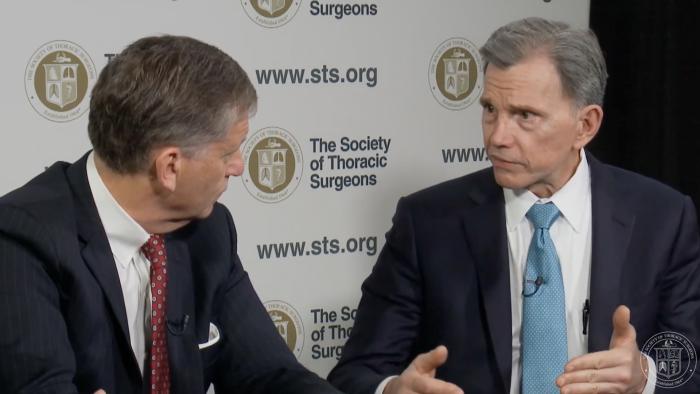Health care professionals tend to be traditional and conservative when it comes to practice, so incorporating new technologies and innovations into the hospital and the operating room can be a challenge. Four cardiothoracic surgery change drivers — Shanda Blackmon, MD, MPH (Mayo Clinic), James Luketich, MD (UPMC Presbyterian), T. Sloan Guy, MD, MBA (Weill Cornell Medical Medicine), and Linda W. Martin, MD, MPH (University of Virginia) — provide advice on how to get buy-in from hospital administrators, as well as team members.
